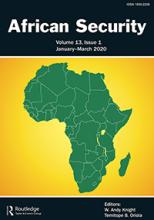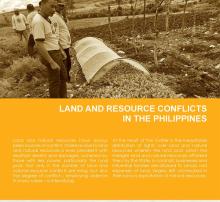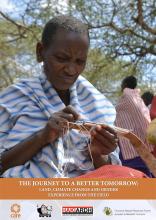Land Library Search
Through our robust search engine, you can search for any item of the over 73,000 highly curated resources in the Land Library.
If you would like to find an overview of what is possible, feel free to peruse the Search Guide.
/ library resources
Showing items 73 through 81 of 5898.Este informe muestra que dada la falta de limitaciones al uso de de materias primas de riesgo elevado
Building on the current international discourse and United Nation's System of Environmental-Economic Accounting (SEEA) this study provides further empirical evidences on how failure to include natural capital resources in national accounting leads to erroneous calculation of macroeconomic estimat
The recent spate of violence mostly in north-central and southern Nigeria, typically credited to conflicts between herders and farmers, and the reactions, narratives, and representations that have attended them, calls for an examination of core security questions: who or what is to be secured, fr
The recent spate of violence mostly in north-central and southern Nigeria, typically credited to conflicts between herders and farmers, and the reactions, narratives, and representations that have attended them, calls for an examination of core security questions: who or what is to be secured, fr
Concerns over food insecurity in developing countries are reflected in the Sustainable Development Goals (SDGs) to end hunger, achieve food security and improved nutrition, and promote sustainable agriculture by 2030.
Land consolidation is a highly effective land management instrument that allows for the improvement of the structure of agricultural holdings and farms in a country, which increases their economic and social efficiency and brings benefits both to right holders as well as to society in general.
Land degradation is a critical problem around the world. Intensive rain-fed and irrigated crop and livestock systems have contributed to the degradation of land and natural resources.
Ardhi Yetu Programme (AYP Plus) is a national land rights advocacy programme that consolidates on-the-ground interventions, while integrating resilience and adaptation.
This policy brief was developed in order to enable a meaningful engagement and policy dialogue with government institutions and other relevant stakeholders about challenges and opportunities related to recognizing customary tenure in Cambodia.









